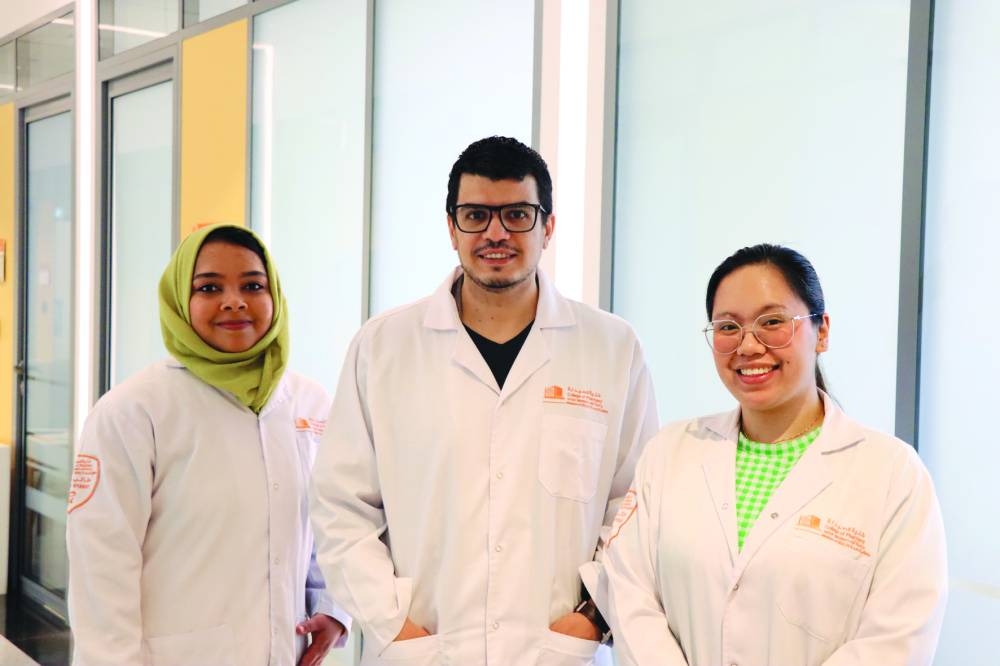Qatar University (QU) scientists have made a major breakthrough in the field of precision medicine, offering new hope for the treatment of chronic diseases. In a recent study published in Pharmacology and Translational Science by the American Chemical Society, researchers from QU Health revealed the potential of Apabetalone (RVX-208).
The innovative epigenetic therapy, which targets the way genes are turned on or off in human bodies without changing the DNA sequence, is poised to transform the treatment of cardiovascular, renal, neurological, viral, and cancer disorders by addressing their underlying causes.
Epigenetic treatments like Apabetalone block specific harmful proteins, reducing their production. Apabetalone is the only such inhibitor that has been granted a breakthrough therapy designation from the US Food and Drug Administration (FDA) outside the area of oncology.
Dr Zaid al-Ma'ayah, assistant professor Pharmacology and Toxicology at QU, leading the study, said: “This work represents a new era in medicine, focusing on using epigenetics to regulate the transcription of genes involved in cardiovascular, infectious, and cancer disorders. In addition to this work, we have made numerous intriguing experimental discoveries regarding the new applications of this epigenetic therapy, which we will soon share with the scientific community. We are sincerely thankful to the College of Pharmacy and QU Health Sector for their support of our work.”
Unlike traditional treatments that target just one part of a disease, Apabetalone takes a revolutionary approach by working earlier in the process and affecting many biological functions. It blocks proteins that play a role in disease development, creating a new way to treat chronic illnesses. This method improves how cells communicate locally and throughout the body, leading to better overall health and wellness. This marks a major advancement in medical science.
Because of the high impact of changes in how genes work, especially when certain proteins are modified, the researchers wanted to see how Apabetalone could help in early tests with animals. They plan to look into using Apabetalone with other treatments to make it even better at protecting health. As Apabetalone moves through clinical trials (tests in people), continued preclinical research is essential to fully understand its potential across various diseases.
This cutting-edge study was enriched by the dedicated efforts of Hevna Dhulkifle, a QU Health graduate student, whose contributions were integral to the study’s findings. Dhulkifle remarked: “The state-of-the-art research facilities and the fostering environment in QU have greatly enriched my academic journey. The recent review is a testament to the university's commitment to stay at the forefront of scientific advancements. I am truly grateful to learn from and work with some of the brightest minds in the field.”
The study, funded by an internal grant from QU, highlights the university’s commitment to staying at the forefront of scientific research. The support of the university has allowed researchers to explore new frontiers in epigenetic therapies, offering hope for the future of precision medicine.

Dr Zaid al-Ma'ayah and his team
